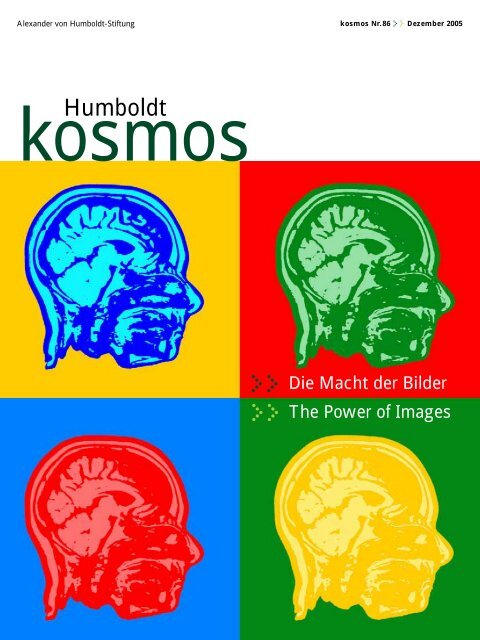
Title: The Illusion of Eurocentrism in Scientific History: An Appeal for Thoughtful Exploration
For several decades, public conversations concerning the history of science have been marked by significant revelations. Headlines suggesting that Isaac Newton was an alchemist or that scientific breakthroughs were misappropriated or hidden in contentious manners frequently capture public attention, boost book sales, and ignite discussions. Recently, though, a more substantial critique has emerged: the assertion that the conventional narrative of scientific history is fundamentally Eurocentric—that Western accounts have dominated the narrative of human intellectual progress. Is this assertion valid? And what has been done to confront it?
To address these inquiries, we must first understand the current landscape of the history of science and its evolution over time.
The Newton-Alchemy “Controversy”—An Overlooked Discovery
In the 20th century, there was widespread astonishment when it became more publicly known that Isaac Newton, lauded as the father of modern science, had earnestly explored alchemical concepts. However, for historians of science, this “startling” piece of information was not new—having been known since at least 1936, when the distinguished economist John Maynard Keynes procured a collection of Newton’s alchemical writings and famously remarked that Newton was “not the first of the age of reason, he was the last of the magicians.” Keynes accurately highlighted that Newton occupied a space straddling the Enlightenment and the mystical traditions of earlier eras.
This incident serves as a cautionary lesson: popular interpretations of history often lag decades behind academic inquiry, with renewed public intrigue not necessarily deriving from new evidence, but from fresh engagement.
The Enduring Global Shift in the History of Science
Challenging the narrative of Eurocentrism, historians of science have been actively working to internationalize the discipline for many years. A notable instance is Joseph Needham’s monumental project Science and Civilisation in China, which commenced in 1948. This extensive work, spanning multiple volumes, shed light on the vast and rich contributions of China in the realms of science, technology, and mathematics. Contributions from scholars such as Nathan Sivin and Colin Ronan convincingly illustrated that pre-modern China was an epicenter of scientific innovation—from papermaking to hydraulics to astronomy.
The scientific contributions of the Islamic world have also received significant scholarly focus. Edward S. Kennedy began discussing Islamic science in 1956, followed by his pupil David A. King, who remains prolific in publishing on Islamic astronomy and mathematics. Esteemed works, including the Routledge-published Encyclopedia of the History of Arabic Science edited by Roshdi Rashed, demonstrate the substantial academic infrastructure devoted to this field of study.
Earlier civilizations are well documented as well. Influential texts like B. L. van der Waerden’s Science Awakening (1957) and Otto Neugebauer’s The Exact Sciences in Antiquity (also 1957) explore Babylonian, Egyptian, and Greek scientific perspectives, while modern publications such as Eleanor Robson’s Mathematics in Ancient Iraq: A Social History (2008) continue to highlight Mesopotamian scientific achievements.
The Indian scientific heritage is also notably represented, with essential texts such as Debiprasad Chattopadhyaya’s History of Science and Technology in Ancient India and Kim Plofker’s comprehensive Mathematics in India (2009). In all these works, there is a clear academic dedication to representing science as a global, multicultural venture.
Science Beyond Academia—Wikipedia and Accessibility
Critics argue that these global viewpoints are hidden within obscure academic texts that are not easily accessible to the general public. Nonetheless, in today’s digital landscape, this assertion is challenging to uphold. Wikipedia, a widely used reference tool worldwide, provides a sophisticated and precise compilation of entries on the global history of science.
For example, the entry on the history of science and technology in Africa is filled with hundreds of references and numerous interlinks to related topics. The same is true for entries on Islamic, Chinese, Indian, Mesoamerican, and Indigenous sciences. These are far from marginal annotations—they are substantial, well-researched sections that any reader can easily access with a simple search.
Erroneous Critiques and Misinterpretations
So who continues to assert that the narrative of science is unyieldingly Eurocentric? A trend has surfaced where some contemporary authors recycle well-established scholarly insights as if they were new discoveries.
James Poskett’s Horizons: A Global History of Science (2022) claims to serve as a bold correction to Eurocentrism—yet much of its content leans heavily on prior academic research already familiar to experts. Moreover, the book has faced criticism for inaccuracies and oversimplifications, particularly when it presents common knowledge as innovative. Similarly, The Secret Lives of Numbers (2024) by Kate Kitagawa and Timothy Revell aims to challenge a Eurocentric view of mathematical history but has been reviewed as inadequately researched and misleading in its assertions.
One of the more recent critiques came